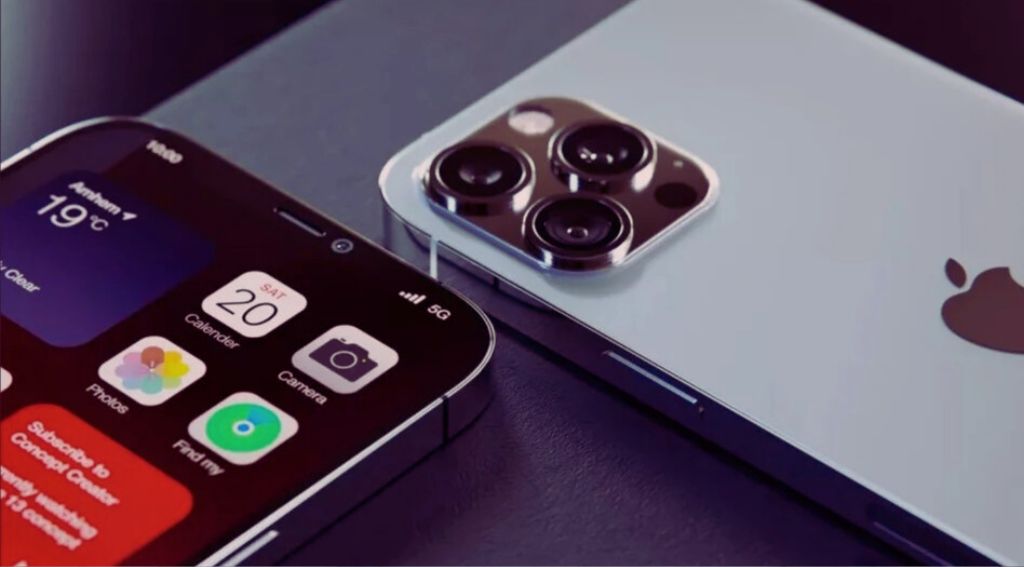Apple’s next generation tech – launch of new iPhone and watch

Tech-giant Apple has introduced four new iPhone models and two updated watches. The starting price for the new iPhone 15 Pro Max models begins at $1,199, representing a $100 increase compared to the previous year. Apple’s pricing strategy aims to compensate for stagnating unit sales by focusing on higher average selling prices.
Cutting-edge technology
Although the iPhone 15 is a pricier proposition, the Pro and Pro Max models make a significant leap in technology, featuring 3-nanometer chips from TSMC and a new GPU for faster graphics processing. Equipped with three cameras, they can capture “spatial videos,” a proprietary format designed for use with the Vision Pro headset. Additionally models now come with a universal USB-C charging port, in response to demands from the EU regulator
Apple’s iPhone line-up now spans from the budget-friendly iPhone SE, starting at $429, to the top-tier Pro Max model at US$1,199. Apple’s focus on high-end models has driven up average selling prices, from $627 in 2015 to $890 this year. Significant improvements in camera optical zoom will increase competition with rivals like Samsung.
The new Apple Watch Series 9 introduces a novel gesture recognition feature called “double tap,” enabling users to answer calls and pause music with a simple tap of their index finger and thumb. Priced starting at $399, Apple has proudly declared it as their “first carbon-neutral product.” Additionally, the Ultra 2, a second-generation watch tailored for athletes, will be available starting at $799.
Apple’s focus remains on sustainability. For example, leather has been eliminated for all accessories. Instead a custom-made material “FineWoven,” has been introduced for watch bands and iPhone cases, supporting a “significantly lower” carbon footprint.
While it remains the world’s most valuable company, Apple’s revenues have seen a decline for the past three quarters. Although the global market share of its flagship product, the iPhone, is gradually increasing, the smartphone industry is experiencing a downturn. Moreover this Christmas, Apple faces stiff competition, particularly from Huawei’s new flagship phone in China and reports of Beijing discouraging the use of Apple phones among state employees.
Apple’s global market share is steadily growing, with expectations of capturing a record 20 percent of all smartphone this year, up from 15 percent a decade ago. Apple is making strides in India and other emerging markets, where iPhone penetration remains low but holds substantial growth potential.
As Apple navigates these challenges, the tech giant is strategically positioning itself to maintain its market presence, innovate, and appeal to a diverse range of consumers.
iPhone vs Android
While Apple’s iPhone is highly regarded for its premium features and design, there are several drawbacks that users complain about. To begin with, the high price tag often exceeds that of competitors, making it less attractive for budget-conscious consumers to access the latest technology. Many critics say that recent iPhone iterations have lacked significant breakthroughs. While iPhone’s hardware and software maintain a good reputation, some argue that advancements have been insignificant in recent years.
The closed ecosystem of iPhones also limits customization options compared to Android devices, with less control over settings. Battery life, while improving, still falls short for most users, especially power users who demand extended usage between charges. Expandable storage via microSD cards is not supported, forcing users to decide on their storage capacity upfront with no option for future upgrades.
Repairing iPhones can be costly and challenging and Apple’s use of proprietary connectors and accessories can frustrate users who prefer third-party peripherals or charging cables. Web browsing and email offer less flexibility when compared to Android and overheating has been an ongoing problem even in some of the latest iPhone models.
While iPhones are known for their sleek design, this can make them more susceptible to damage from drops and accidents, prompting many users to invest in protective cases. Software updates, while a strength for Apple, can lead to performance slowdowns on older iPhone models, which can be frustrating for users who want to retain their older devices.
Related topics:
AIBC Forex: Canary Wharf faces bank exodus as UBS moves






